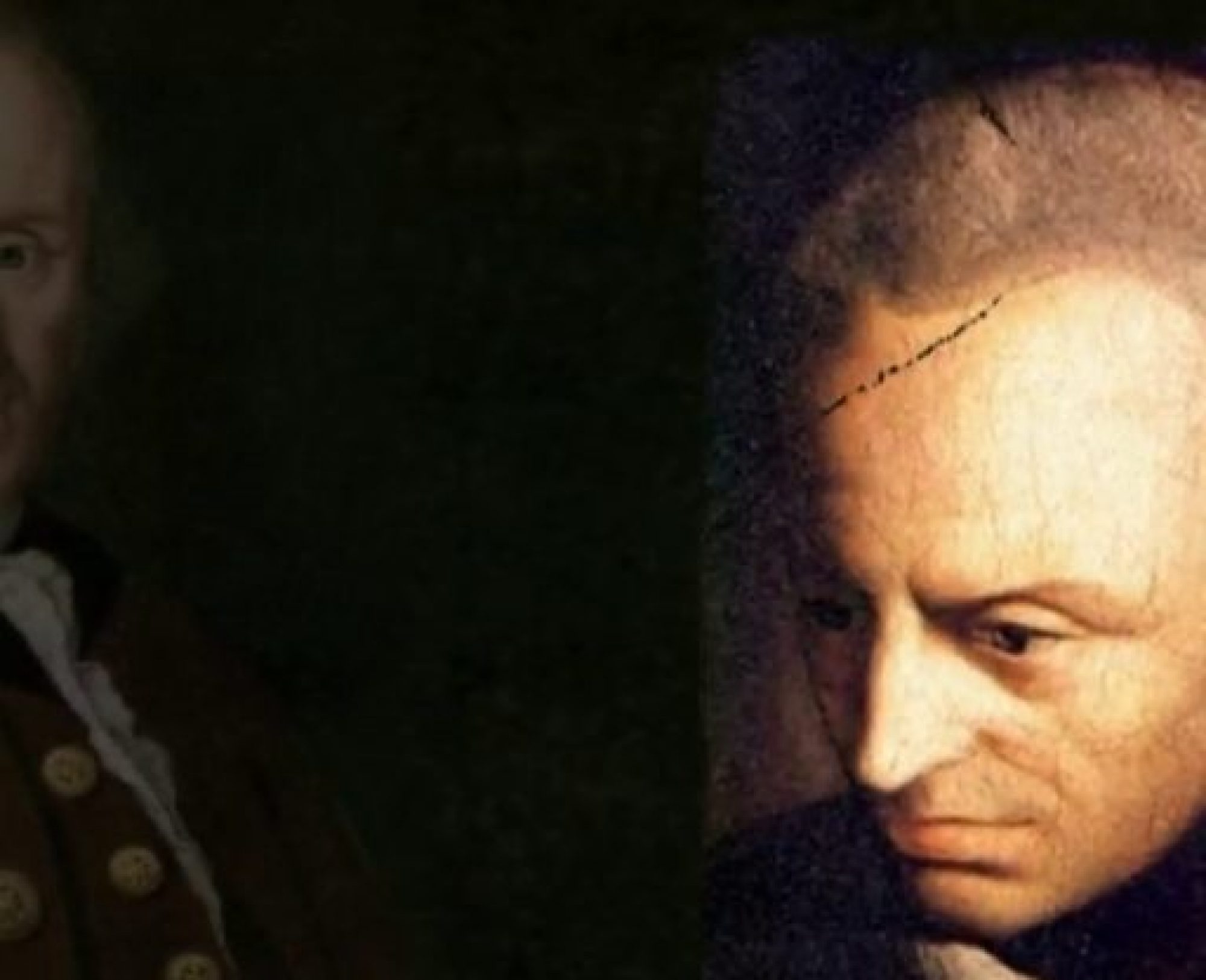Channel: drjasonjcampbell
Duration: 8:21
Description: David Hume’s Fork and Immanuel Kant’s Synthetic A Priori
Published: February 13, 2010 6:21 am

Channel: drjasonjcampbell
Duration: 8:21
Description: David Hume’s Fork and Immanuel Kant’s Synthetic A Priori
Published: February 13, 2010 6:21 am
Channel:
Goethe-Institut / Max Mueller Bhavan Kolkata
Duration: 2:16:45
Description: Immanuel Kant. Lecture by Professor Subir Ranjan Bhattacharya
Published: December 2, 2014 2:12 pm
Channel: LennyBound
Duration: 5.07
Description:
“The Transcendental Deduction of the Pure Concepts of Understanding”
Translation by Roderick T. Long
Music and vocals by Paul L. Fine
Published: May 19, 2008 9:53 pm
Channel: teachphilosophy
Duration: 4:53
Description: An “easy” way to understand Kant’s Project in the Critique of Pure Reason. Recommended reading.
Published: September 20, 2013 10:45 pm
Channel: Journalism Now
Duration: 9:19
Description:
A video about immanuel kant and morality. This is the first ten minutes of a 30 minute discussion. The discussion takes in Kant’s ideas about the metaphysical basis of his system, including the centrality of the categorical imperative, and links to his system as a whole.
Published: February 11, 2010 12:28 am
Channel: Papo de Ágora
Duration: 1:9:9
Description: A brief, fictionalized time period in the life of Professor Kant. The story is set in Kant’s hometown, Konigsberg; it chronicles his last few years prior to his death in 1804 at the age of 80.
Published: April 26, 2017 1:32 am
Channel: wheatoncollege
Duration: 1:2:37
Description:
A History of Philosophy | 52 Kant’s Epistemology
Published: June 16, 2015 2:52 pm
Channel: libribooks
Duration: 3:21:48
Description:
The Fundamental Principles of the Metaphysic of Morals, also known as The Groundwork of the Metaphysics of Morals or Foundations of the Metaphysics of Morals or Grounding of the Metaphysics of Morals, is Immanuel Kant’s first contribution to moral philosophy. It argues for an a priori basis for morality. Where the Critique of Pure
Reason laid out Kant’s metaphysical and epistemological ideas, this relatively short, primarily meta-ethical, work was intended to outline and define the concepts and arguments shaping his future work The Metaphysics of Morals. However, the latter work is much less readable than the Fundamental Principles.
Published: January 6, 2013 8:13 pm
Channel: Inspiration 365
Duration: 3:21:49
Description:
Groundwork of the Metaphysics of Morals (German: Grundlegung zur Metaphysik der Sitten; 1785; also known as the Foundations of the Metaphysics of Morals, Grounding of the Metaphysics of Morals and the Grounding for the Metaphysics of Morals) is the first of Immanuel Kant’s mature works on moral philosophy and remains one of the most influential in the field. Kant conceives his investigation as a work of foundational ethics—one that clears the ground for future research by explaining the core concepts and principles of moral theory and showing that they are normative for rational agents. Kant aspires to nothing less than this: to lay bare the fundamental principle of morality and show that it applies to us. In the text, Kant provides a groundbreaking argument that the rightness of an action is determined by the character of the principle that a person chooses to act upon. Kant thus stands in stark contrast to the moral sense theories and teleological moral theories that dominated moral philosophy at the time he was writing. Central to the work is the role of what Kant refers to as the categorical imperative, the concept that one must act only according to that precept which he or she would will to become a universal law. The Groundwork is broken into a preface, followed by three sections (1: Transition from the common rational knowledge of morality to the philosophical; 2: Transition from popular moral philosophy to the metaphysic of morals; 3: Final step from the metaphysic of morals to the critique of the pure practical reason). Kant’s argument works from common reason up to the supreme unconditional law, in order to identify its existence. He then works backwards from there to prove the relevance and weight of the moral law. The third and final section of the book is famously obscure, and it is partly because of this that Kant later, in 1788, decided to publish the Critique of Practical Reason. Summary of The Fundamental Principles of the Metaphysic of Morals (also known as the Groundwork of Metaphysic of Morals) by German Philosopher, Immanuel Kant.
Published: November 12, 2017 11:42 pm
Channel: Objectivism Clips
Duration: 5:54
Description: The thoughts of the writer on the philosopher
Published: November 17, 2017 9:52 am